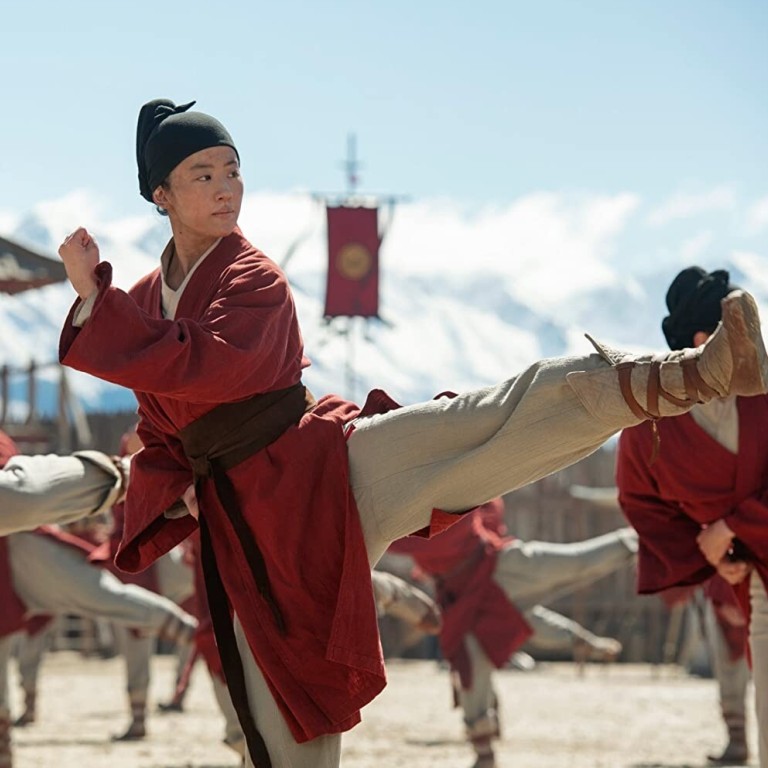
From Hollywood to China, how will the coronavirus crisis manifest in future films?
- With the fate of yet-to-be released movies like Mulan uncertain, filmmakers look ahead to as yet unmade productions
- Pandemic-themed movies, be they comedy capers, action and adventure, or patriotic salutes to unsung heroes, seem inevitable
Given the festival’s renown for daring young filmmakers delivering independent-minded fare – among the camp’s past participants is Hu Bo, the late director-screenwriter of the furiously fatalistic but visually gripping An Elephant Sitting Still (2018) – Cao is unequivocally calling on artists (or people in general) to use these months to junk their preconceptions of life and challenge conventions.
But solidarity with others remains crucial in the act of creating art: the painful consequences of all this seclusion should perhaps lay to rest all the myths about isolated genius conjuring ideas out of the ether.
At the other end of the cinematic spectrum, mainstream producers are drawing inspiration from the pandemic from a very different perspective. While Cao thrives on introspection and melancholia, veteran American producer Jane Rosenthal’s main takeaway from quarantine is her new-found bond with the eraser she uses to rub out various scuff marks.
Speaking to The Washington Post, Rosenthal said there were a lot of stories to be told about “life with your family and your loved ones, 24/7”. “I’d like to see some of the comedy that’s coming out,” said the long-time collaborator of Robert De Niro and producer of Meet the Parents (2000) and Meet the Fockers (2004), two films that could be seen as prototypes of what she considers “quarantine comedies”.
“But all I know is that we have to laugh, that laughing is a form of exercising,” she said. “It releases endorphins and we have to be able to laugh, sometimes. When you think of this […] it’s so overwhelming and, you know, the alternative is to just curl up in a little ball and cry.”
To be fair, Rosenthal also said she was looking forward to films that tell the story of nurses, doctors and delivery workers who take enormous risks to keep the pandemic at bay and the community safe. Then again, maybe Hollywood could leave these films to their counterparts across the Pacific.
Given the Chinese government’s decision to spin positive stories out of its virus-ravaged landscape, you might expect mainland filmmakers to follow the hymn sheet with stirring stories about triumph over adversity.
Chinese media ‘humiliating’ nurses in virus propaganda campaign
Coming to a cinema near you might be such films as The Chinese Driver, an action blockbuster about a motorbike delivery man navigating life-threatening obstacles to salve the hunger of the homebound masses. Or Lost in Corona, a road movie in which an odd couple – say, an unruly scion of a pharmaceutical empire and his ditsy underling – fall in love as they go on the hunt for a magical herb that’s the key ingredient of a vaccine.
And then there’s Wolf Doctors, in which three wise medics descend on a fictional African country bearing gifts of face masks, hand sanitisers and Chinese national flags. Led by a cheeky ex-soldier played by Wu Jing, the trio would go on to keep cartoon-villain mercenaries from taking over the country, rescue the Chinese diaspora and consolidate the “all-weather friendship” between China and Africa.
They would also educate locals to stay home and rebuild their economies rather than travelling to countries that might round up black people for quarantine because of the colour of their skin.
Don’t say you haven’t been warned.

